Parrots are flock animals and in the wild, young birds learn what is good to eat by following the flock. In captivity, hand-raised birds identify with humans as their “flock”. This is why your birds will want to eat what you are eating, whether it is healthy or not. It is your responsibility, as a bird owner, to teach your birds how to eat healthily. The majority of health problems in pet birds originate from dietary excesses (fats) and deficiencies (vitamins and minerals).
Indian Ringneck and Alexandrine parrots originate from the forests of Asia – they are accustomed to a richer diet than Australian desert parrots. They are canopy feeders and their diets include more fats and fruits.
Pellets (formulated diets)
Pelleted diets are nutritionally balanced. Many brands are commercially available (both Australian made and foreign). Birds need to be converted to pelleted diets, under supervision. To be effective, pellets need to comprise 80% of their total diet. Birds on pelleted diets still need fruit, vegetables, green grass seed and green leafy browse for behavioural enrichment.
Seed
Asiatic parrots can have sunflower seed in their mix – never excessive. We recommend Breeders Choice small parrot mix which contains an acceptable level of sunflower. These parrots can also be offered nuts (preferably not peanuts) e.g. Hazel, almond & walnuts. Seed and nuts should be kept in sealed containers and refrigerated/frozen to maintain freshness.
Vitamin
Parrots on seed based diets need vitamin supplementation (pelleted diets should contain the necessary vitamins). We use Vetafarm Soluvet. This can be added to the water or sprinkled on the fruit and vegetables as per label.
Minerals
Mineral supplement in the form of shell grit, oyster shell, cuttle fish is beneficial.
Nutritional and Behavioural Enrichment
Fruit
A wide variety of seasonal fruits should be provided – apple, orange, banana, grapes, melons, strawberries, kiwi fruit, pawpaw, mango, lychee, stone fruit etc.
Vegetables
Sweet corn, silver beet spinach, beans, peas, lettuce, celery, sprouted seeds (bean sprouts and alfalfa sprouts).
The following deep green and orange vegetables need to be lightly steamed to break down the cellulose and make them more digestible:- sweet potato, carrot, pumpkin, broccoli, brussel sprouts. These can be offered warm first time around to encourage the birds to try it.
Wild Food
Milk thistle, green grass seeds, chick weed, dock, dandelion can be offered
Browse
Provide green leafy branches from Australian native trees for your birds to chew. This provides behavioural enrichment and occupational therapy for your pet. Wattle, bottle brush, melaleuca, grevillia, ti-tree, gum, lilly pilly, banksias, acacia provide necessary opportunities for the birds’ instinctive chewing and foraging behaviour.
Toxic Foods
Avocado and chocolate.
Unhealthy Foods
Never feed fatty, salty, processed human foods. Never feed dairy products – butter, cheese, milk, etc. Never feed tea, coffee, alcohol. Birds don’t have the metabolism to cope with these foods. Always be guided by what they would eat in the wild.
In conclusion, it is essential to provide your pet parrot with a balanced diet that meets their nutritional needs. Pellets are a good option, as they provide the necessary nutrients in a balanced form, but they should be supplemented with fresh fruits, vegetables, green grass seed, and green leafy browse for behavioural enrichment. Additionally, avoid feeding your parrot toxic or unhealthy foods, and always be guided by what they would eat in the wild. As a responsible bird owner, you have the responsibility to teach your parrot how to eat the right foods in order to prevent health problems that may arise from dietary excesses or deficiencies.
© Peter Wilson July 2010
Information supplied by (c) Currumbin Valley Vet Services August 2010
FAQs
Parrots are amazing animals and they deserve to be treated with love and respect. However, there are some foods that parrots should not eat because they can be dangerous for them. These foods include chocolate, avocados, dried fruit, grapes and parsley – if they eat them they can get very sick and you will be visiting a bird clinic.
The Indian ringneck parrot is a beautiful and popular bird that can be found in many parts of the world. They are omnivorous and eat a variety of food, including fruits and vegetables. Some of the fruits and vegetables that this species can eat include papaya, mango, figs, grapes, carrots, sweet potatoes, peas and corn. Just make sure you don’t feed them foods such as chocolate or avocados because they are toxic to birds and you will be doing a search for an avian hospital near me.
There are a number of foods that can kill birds, but the most common culprit is ingestion of toxic plant material or fruit pits. The seeds of certain fruits such as stone fruit contain a substance called amygdalin that is converted to hydrogen cyanide when consumed. This affects the bird’s gizzard and eventually causes death by asphyxiation. In the event your bird eats something toxic, if you do not already have a vet then immediately do a search for a bird veterinary clinic near me and get them in for an emergency visit right away.
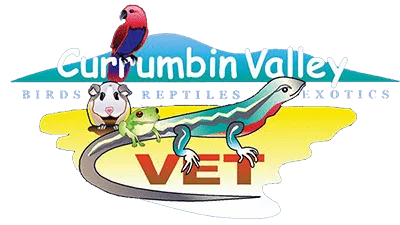
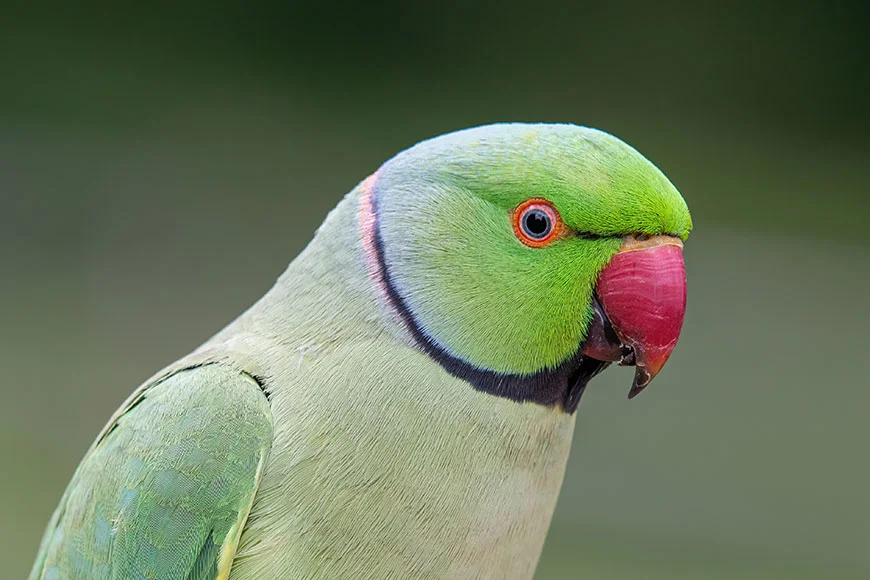

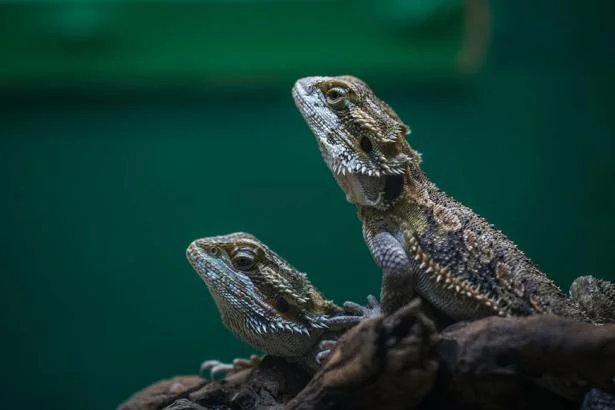
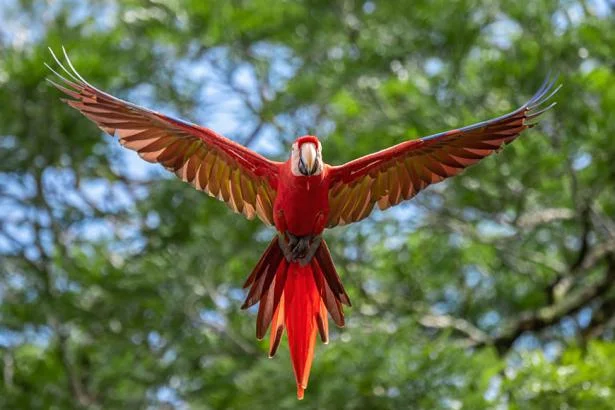
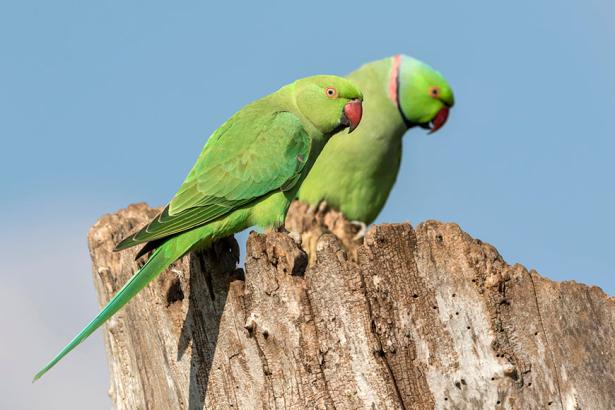
Do Ring neckes like Australia wattle
Yes Australian wattle is fine for Ringnecks and will also provide environmental enrichment by encouraging their natural chewing and foraging behaviour.
Can I give vetafarm complete parrot
Hi. I’ve always been told lettuce is bad for Alexandrine’s and your saying go for it in your blog. Are you sure?
I’ve also been told onion of bad?
Comments please?
Yes they can I give my 2 indian ringnecks both
Can indian ringnecks eat sultanas as well as popcorn
Yes they can! Sultanas are dehydrated green seedless grapes & grapes are a part of their diet.
Hi there
Have our ringneck parrot now a few months, she started to be aggressive and loosing theaters… Less talking.. Don’t alow us close to her for head scratches.. What can’t it be?
Hey! Sorry for the late response! Hope she is still ok! Parrots usually do not allow anyone to attempt to get close to them when they are sick. As i remember it’s a natural thing. I would recommend you to get her to a vet when you can!
Hi Karin, I am an IRN parent as well. I came across your post and was wondering if you ever got things sorted with your feather baby? I know it has been a year since this post and I hope that everything is going well.
My bird did the same we just had to get his trust back. We didn’t touch the cage and we just spoke rlly soft and we gave him fruit when he didn’t bite